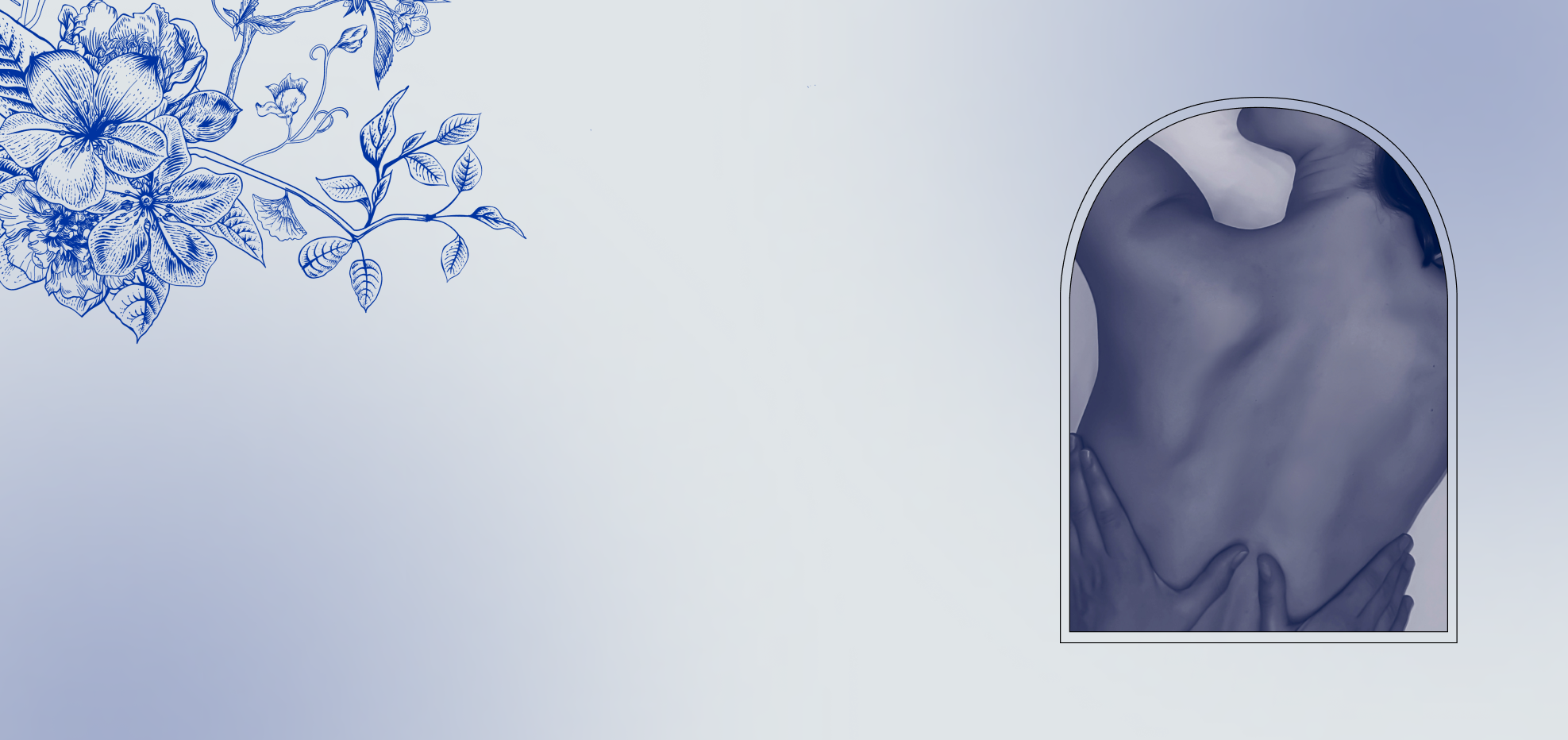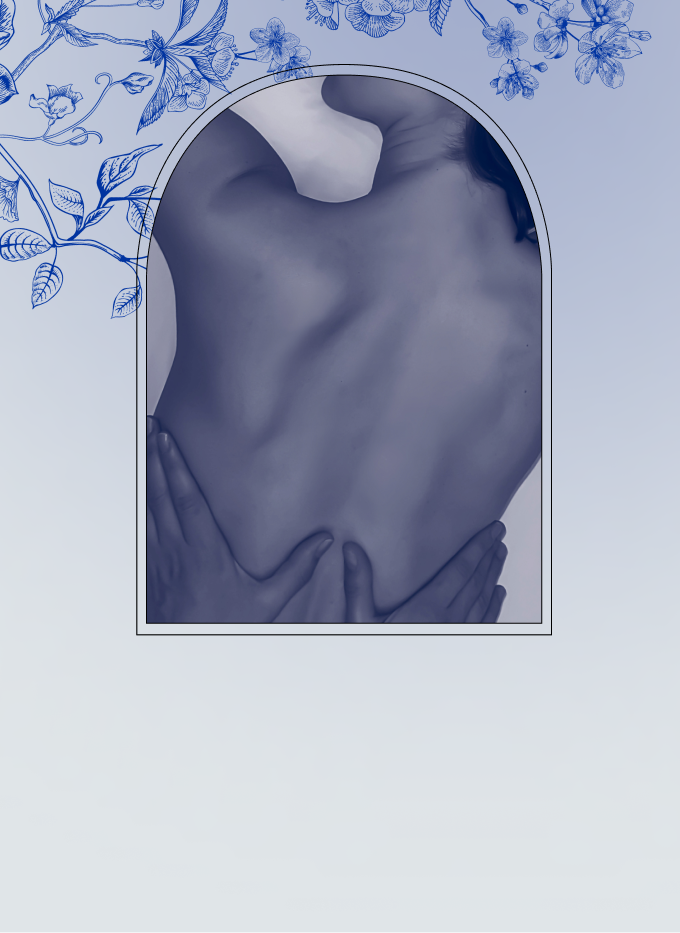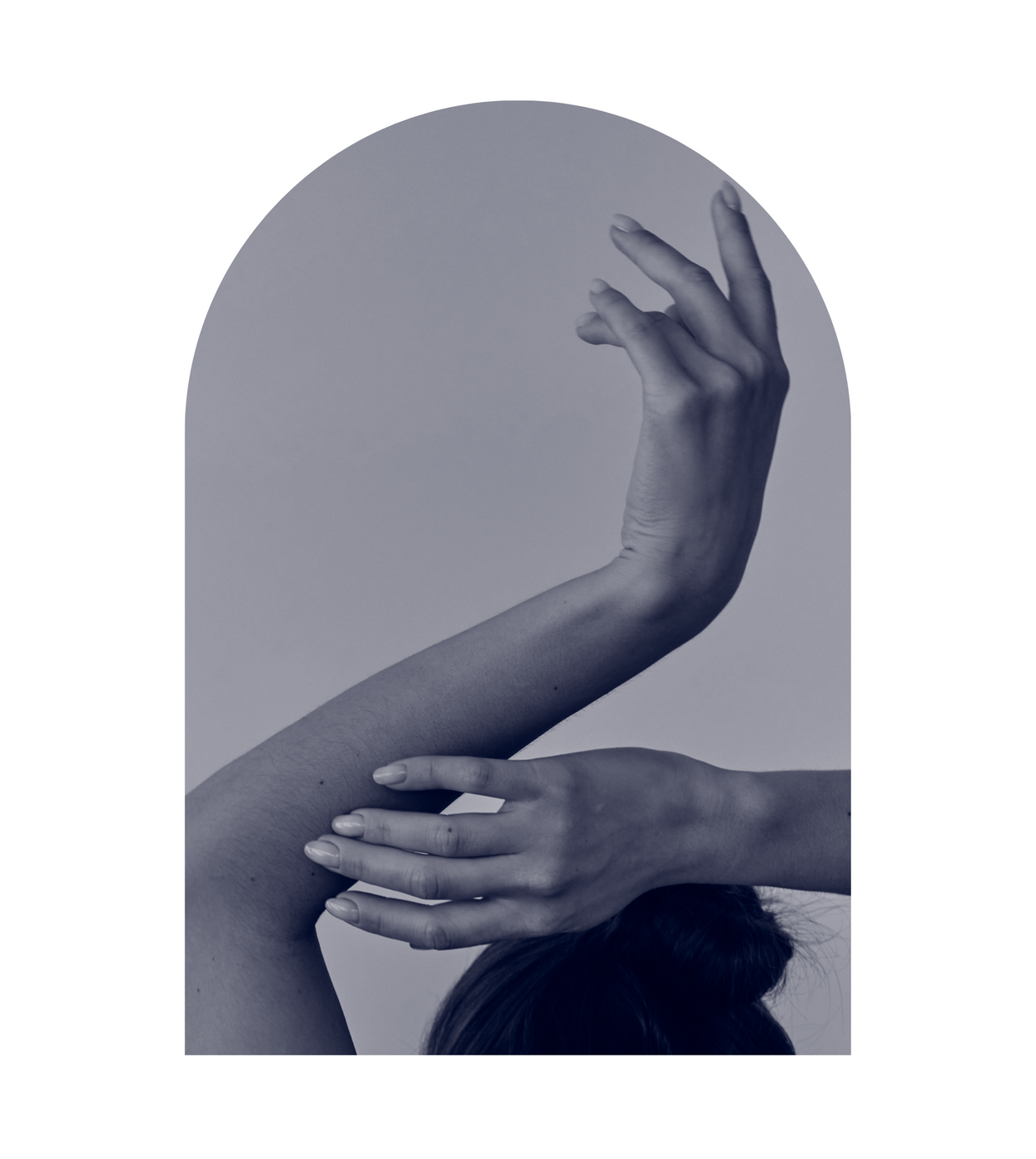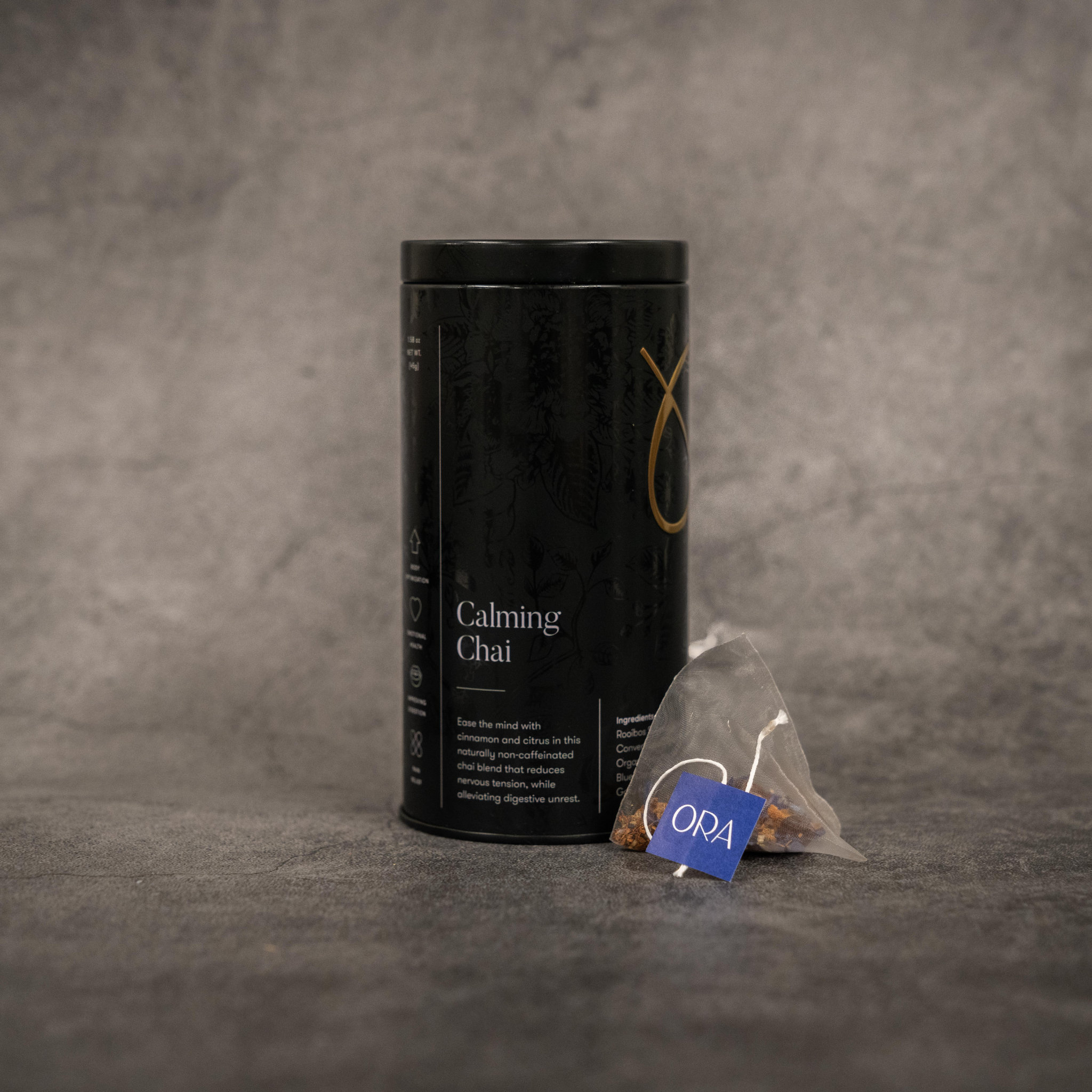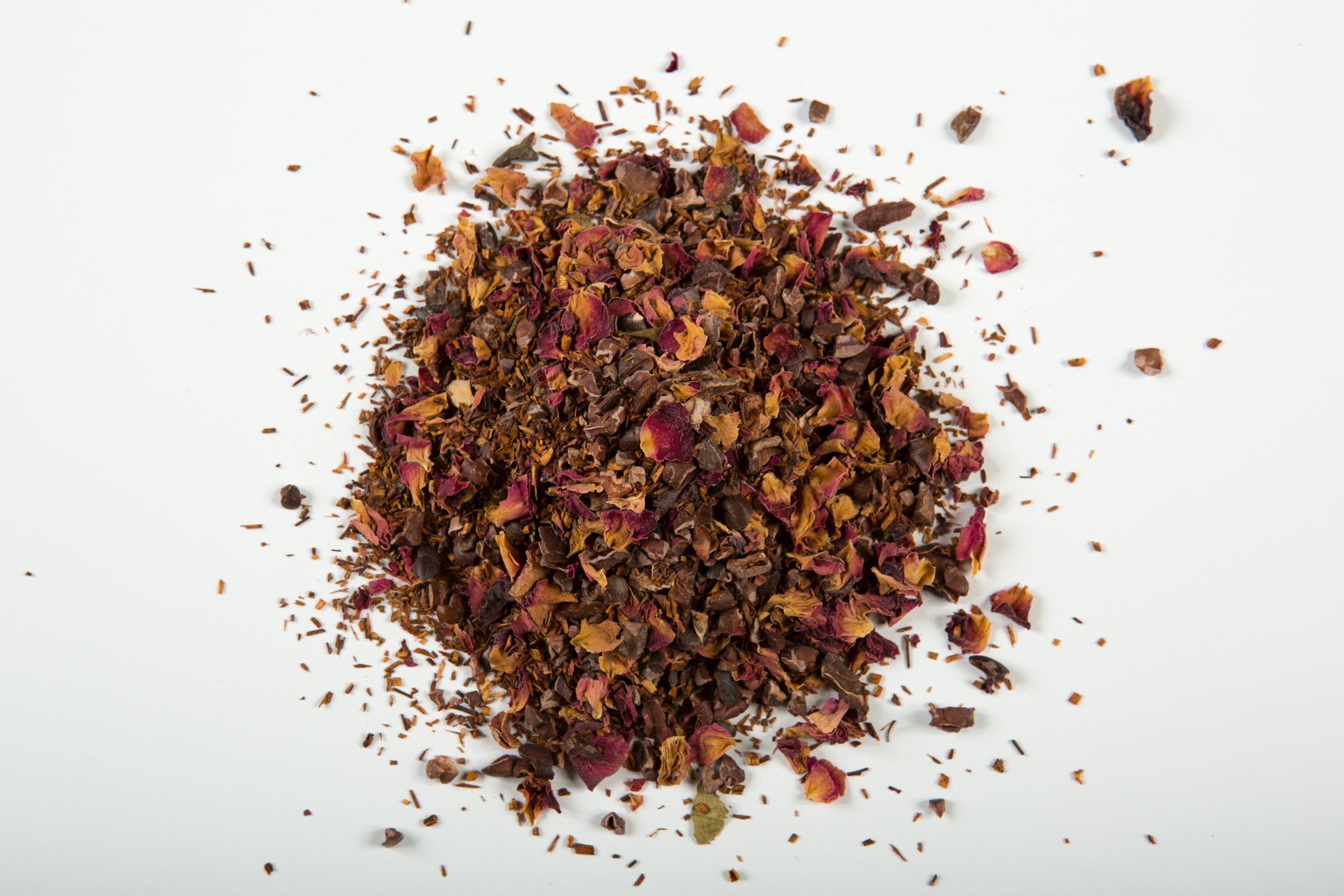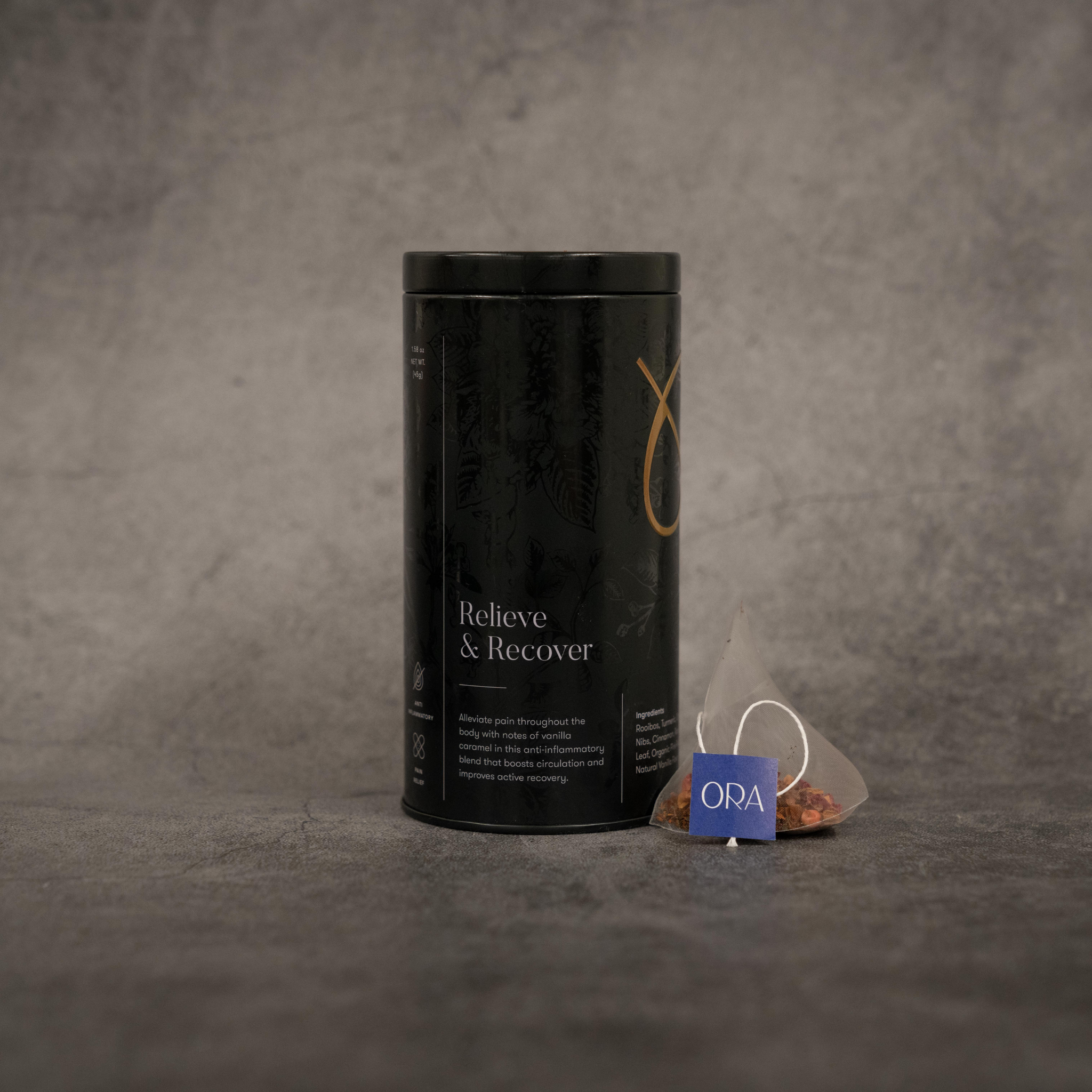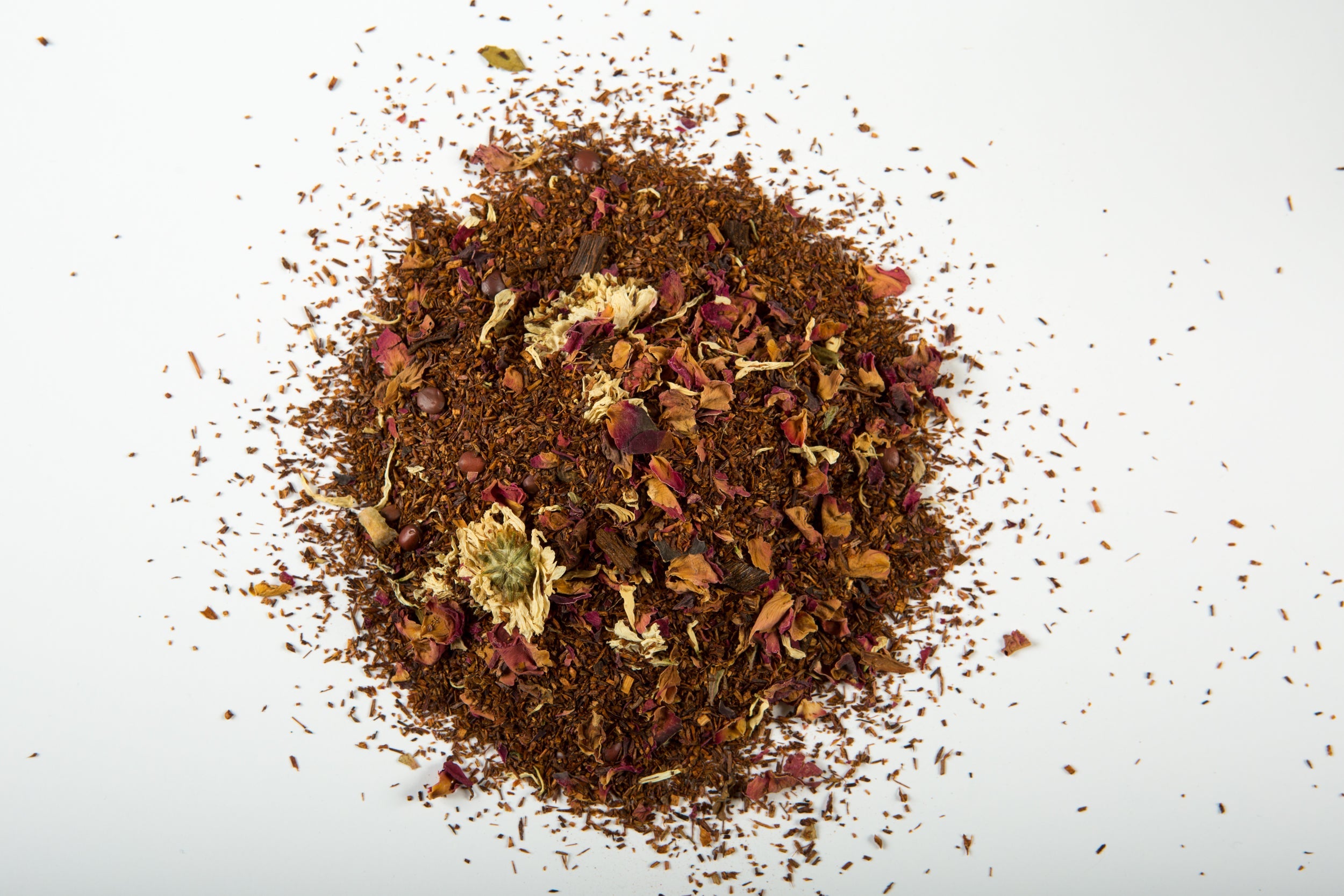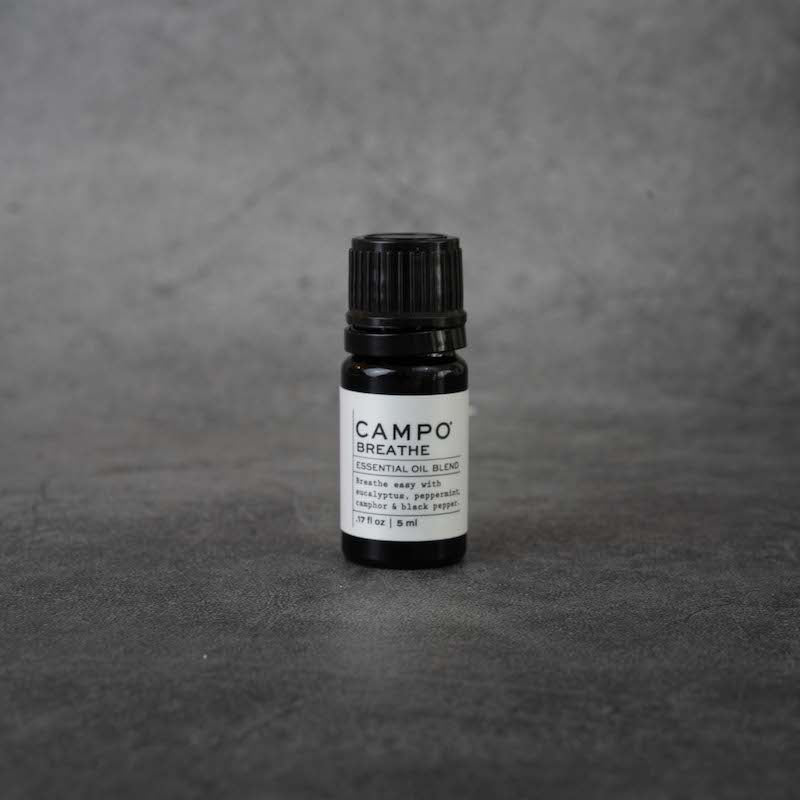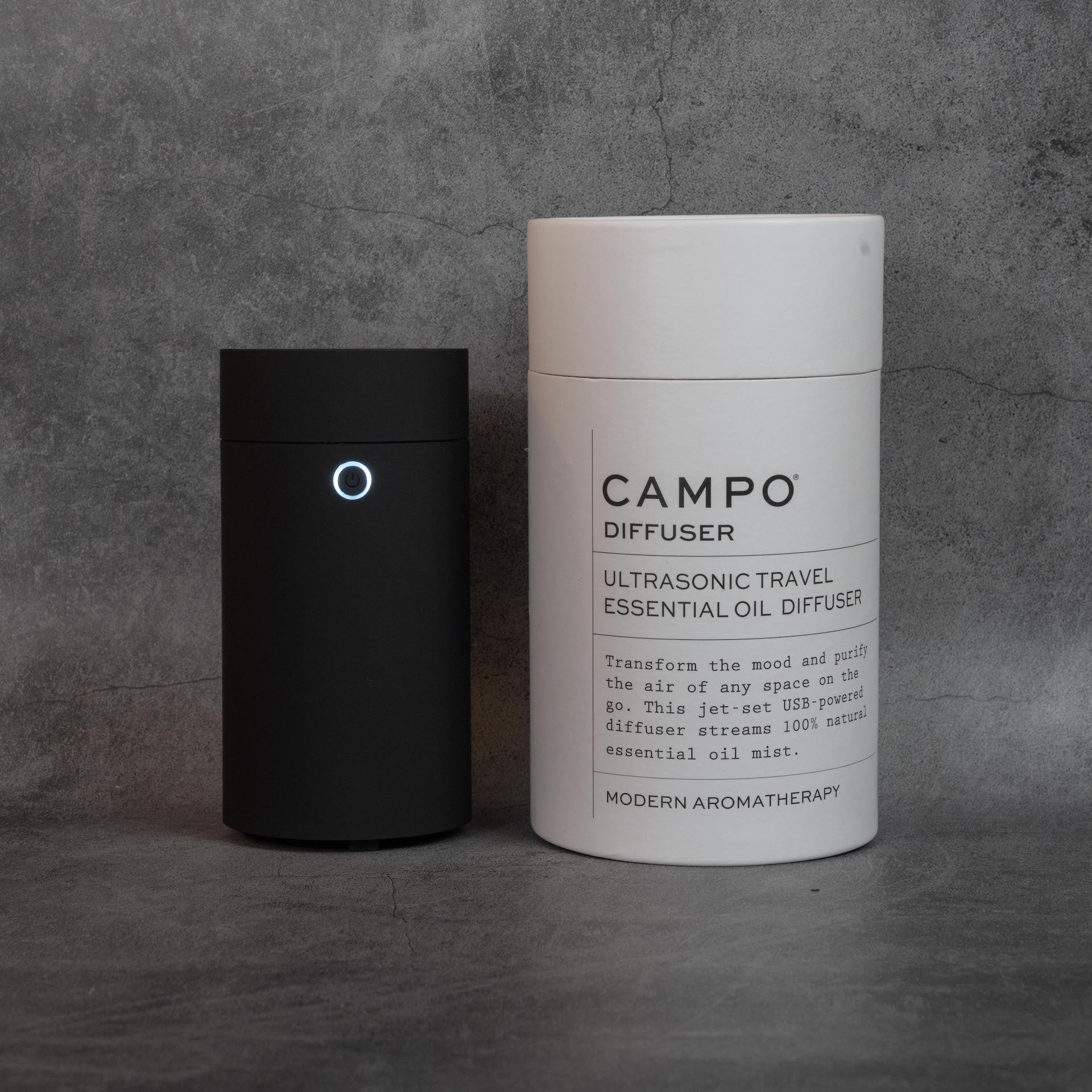By: Dr. Soledade Soleil Meira do Valle DAOM, LAc.
Maybe it’s a warm shower; maybe a cup of tea; maybe a binge session of your favorite reality TV show – we all have our own ways to relieve stress. Since April is Stress Awareness Month, it’s time to reevaluate what causes stress, and how we can try to tackle it.
You can certainly identify your own stress factors – a looming work deadline, a sick child, an impending payment – but what exactly defines stress? According to the National Cancer Institute, stress is defined as the body’s response to physical, mental, or emotional pressure. Stress causes chemical changes in the body that can raise blood pressure, heart rates, and blood sugar levels. It may also lead, as you are likely aware, to feelings of frustration, anxiety, anger, or depression. Physically, stress can manifest itself in a variety of ways, including poor digestion, palpitations, hypertension, chronic pain, fatigue, changes in weight and eating habits, changes in menstruation, low libido, and erectile dysfunction. The digestive system can slow down, we may have a harder time accessing our memory, and our heart pumps more blood to our body faster. With stress, the hypothalamus in our brain sends a signal to the adrenals to release cortisol and adrenaline into the bloodstream. While cortisol is a very useful steroid, elevated levels of cortisol over time can desensitize your body to the hormone, causing inflammation and weakening the immune system.
Western medicine treats stress in a variety of ways, from sleeping pills to muscle relaxers to psychiatric support. In Traditional Chinese Medicine (TCM), there are a few systems involved with stress, including the Liver, Spleen, Heart, and Kidney systems. Since the Liver is responsible for the free flow of Qi in the body, it can be one of the first organs to be affected. We call this Liver Qi Stagnation. When the Liver is not able to facilitate the free flow of energy in our bodies, it can lead to pain, feelings of frustration, sadness, fatigue, dysmenorrhea, low libido, erectile dysfunction, and insomnia. It can easily overact on the Spleen, which is responsible for our digestion, production of blood, and healthy energy levels throughout the day. When this happens, many digestive symptoms can occur. Additionally, the Heart is said to house our Shen, which can be somewhat equated to our consciousness. Stress can affect the heart and disturb the Shen, causing insomnia, palpitations, tachycardia, poor memory, and anxiety. Prolonged stress can also affect the Kidney system, which is responsible for our Jing, or Essence. Once stress has reached the level of adrenal fatigue, the Kidney Yin and/or Yang can be affected, leading to autoimmune disorders, inflammation, exhaustion, and insomnia.
Acupuncture can be a great way to treat your stress. Depending on the presentation of your stress, your acupuncturist will carefully choose points that can support your constitution and address the symptoms and root cause of your stress. For those with muscle tension, digestive upset, and dysmenorrhea, cupping can be a great option. For those with a weak Spleen or Kidney function, Moxa may be applicable. If you are unable to go to an acupuncturist, self-massage or self-acupressure can also do wonders. For example, you can give yourself an ear massage to help regulate the nervous system. The ear is where the Vagus nerve is most superficial in the body, so a gentle ear massage can help send a signal to your nervous system that everything is okay. Yin Tang, an acupoint directly between the eyebrows, is another excellent pressure point to stimulate. It has a mentally stabilizing effect and can be grounding, calming, and act as a general sleep aid.
Everyone is susceptible to stress. That said, those who work long hours with few breaks, as well as anyone with a chronic illness, will be even more impacted. Chronic illnesses such as long Covid force your system to always work on overdrive. A good way to control your stress is to follow the nature of the seasons – to rest during the winter, start new projects in the spring, find connections in the summer, and prepare for winter in the fall. In addition, it’s important to find moments of self-care to help your body navigate the pressures of life.
The next time you feel yourself stressed, consider adding TCM to your typical ways of coping with anxiety. While it can’t magically remove whatever is causing stress in your life, it can offer an additional way of treating both your mind and body.

